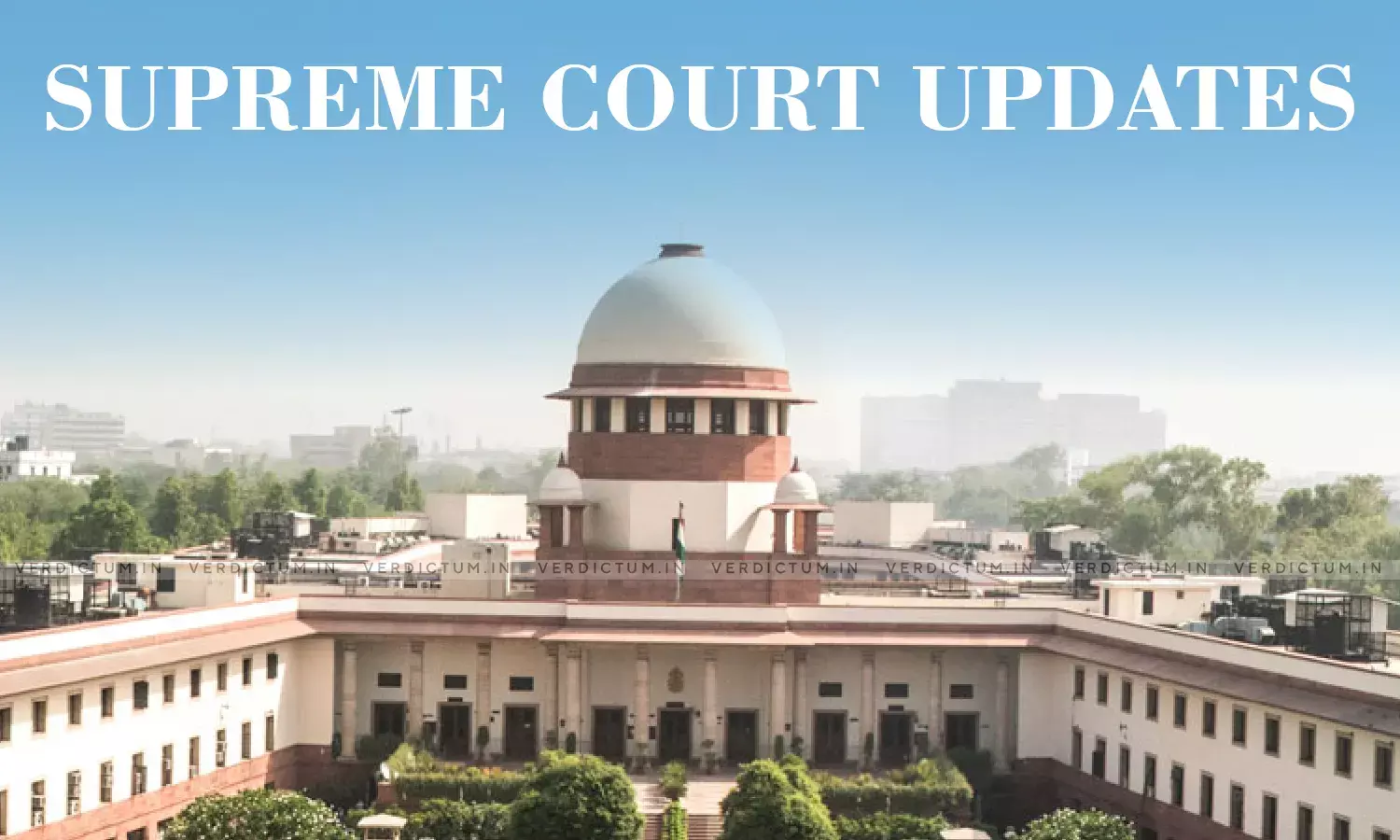4984 Cases Pending Against MPs And MLAs, 1899 Cases Are More Than Five Years Old: Amicus Curiae To SC

A total of 4,984 cases are pending against Members of Parliament and Members of Legislative Assembly/Council out of which 1899 cases are more than five years old, the Supreme Court was told on Thursday.
In his latest report, Senior Advocate Vijay Hansaria, appointed as amicus curiae, told the Supreme Court that it may be noted that the total number of cases pending as of December 2018 was 4110; and as of October 2020 were 4859.
Even after disposal of 2775 cases after December 4, 2018, the cases against MPs/MLAs have increased from 4122 to 4984. This shows that more and more persons with criminal antecedents are occupying the seats in the Parliament and the State Legislative Assemblies. It is of utmost necessity that urgent and stringent steps are taken for expeditious disposal of pending criminal cases, said the report filed through Advocate Sneha Kalita.
The Apex Court has been passing a slew of directions time-to-time on the plea filed by Advocate Ashwini Upadhyay for ensuring expeditious trial of cases against lawmakers and speedy investigation by the CBI and other agencies.
Hansaria said that the status report filed by the High Courts also shows that special courts are constituted in some of the states whereas, in others, the courts of the respective jurisdiction are conducting trials in terms of the directions passed from time to time.
These jurisdictional courts conduct the trial of the cases against MPs/MLAs along with discharging other roster allocated to them. In many of the States, the same judge is a Special Court under various statutes such as SC/ST Act, POCSO Act, etc, the report said.
The amicus pointed out that no response has been filed by the Central Government as per the order dated August 25, 2021, concerning the expeditious investigation/trial of cases, providing of infrastructure facilities to the Courts, and constitution of the Monitoring Committee to evaluate the reasons for the delay of investigation.
It is necessary that all the Courts trying cases against MPs/MLAs are equipped with necessary infrastructure for the conduct of Court proceedings through internet facility, he said.
Hansaria sought directions from the court that the courts dealing with cases against MPs/MLAs will exclusively try these cases against lawmakers and other cases would be taken up only after trials of such cases are over.
The trial would be conducted on a day to day basis in terms of section 309 Cr.P.C. Necessary allocation of work would be made by the High Court and/or the Principal Sessions Judges of every district within two weeks, he said.
He further sought direction that both the prosecution and defence shall cooperate with the trial of the case and no adjournment shall be granted in the case, the public prosecutor and/or the prosecution fail to co-operate in the expeditious trial, the matter shall be reported to the Chief Secretary of the State who will take necessary remedial measures.
He added that in case, the accused tries to delay the trial, his bail shall be cancelled.
The trial court shall send a report on each of the cases where the trial has been pending for more than five years before the respective High Courts, as to the reasons for the delay and suggest remedial measures. The High Court shall consider these reports on the judicial side in the suo motu writ petitions registered in terms of the order dated September 16, 2020, and pass appropriate orders to remove the stagnation of trial, he said.
Hansaria also sought direction that the Central Government will provide funds for ensuring the smooth functioning of Courts through virtual mode that is by facilitating the availability of video conference facilities.
The High Courts shall submit a proposal to the law secretary of the Government of India in this regard as to the funds required, which shall be made available by the Central Government within two weeks of the proposal, he said.
He added that a monitoring committee may be constituted, headed by a former Judge of the Supreme Court or Chief Justice of a High Court to monitor the investigation of cases pending before the Enforcement Directorate, Central Bureau of Investigation, and National Investigation Agency in terms of submission recorded in the order dated August 25, 2021.
The trial courts may be directed to pass a specific order in all pending cases that the benefit of the Witness Protection Scheme 2018, has been made available to the witnesses in terms of the order dated November 4, 2020, he said.
On November 24, last year, the Apex Court had asked the Allahabad High Court to issue a fresh notification to set up special magisterial courts to try minor offences involving lawmakers and ensure allocation of cases to sessions or magisterial courts depending upon the gravity of offences, saying the non-setting up of such courts in Uttar Pradesh was based on an evident misconstruction of its orders.
The Court had taken exception to the non-setting up of special magisterial courts in Uttar Pradesh for trying lawmakers in minor offences and said that the notification issued by the high court on August 16, 2019, was based on an evident misconstruction of its directions.
The order had come on pleas raising the legal question of whether minor offences, triable by magisterial courts, against lawmakers can be prosecuted before a special court presided over by a sessions judge who is senior to a judicial magistrate.
With PTI inputs

